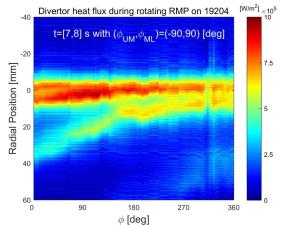What’s New
10 December 2018
ITER news digest for the period of 3 December 2018 to 10 December 2018.

Celebrating a successful year


Désolé, cette page n'existe pas en français.

